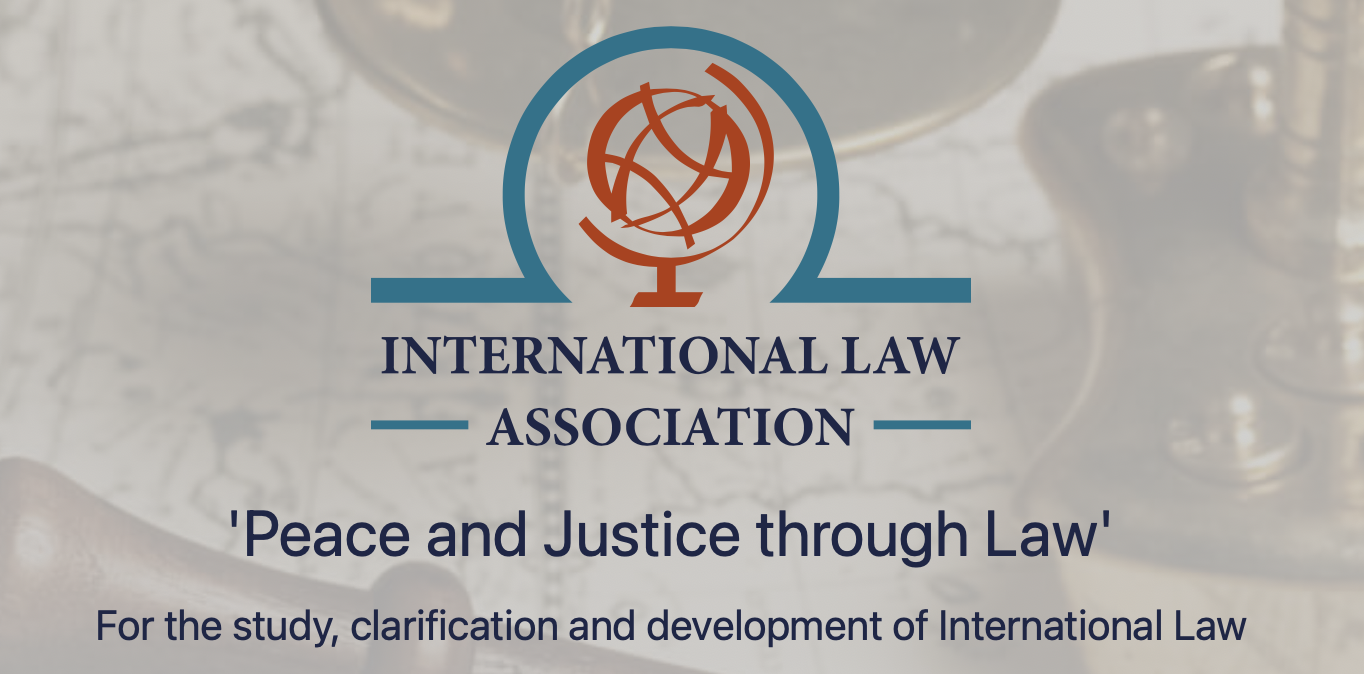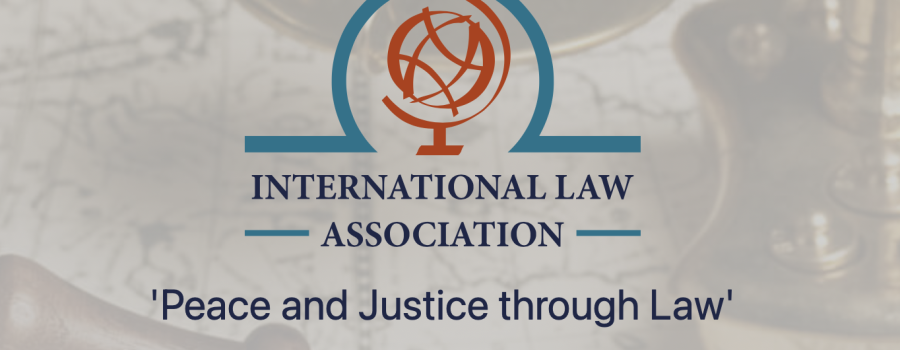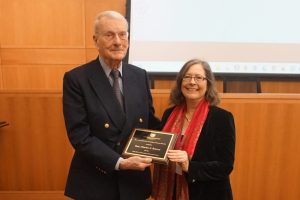ILA Committee Nominations – 3 New Committees

Three new International Law Association (ILA) Committees were established in November 2023 by the ILA Executive Council: Business and Human Rights, Comparative Diplomatic and Consular Immunities Privileges and Inviolabilities, and Urbanisation and International Law – Potentials & Pitfalls. All three are looking for committee members who have significant expertise in the respective fields and we welcome ABILA applications.If you are interested in being considered for nomination to serve on one of these committees on behalf of the American Branch, please email [email protected] with a cover letter and resume/CV.The deadline to apply is February 14, 2024.
BUSINESS AND HUMAN RIGHTSThe Business and Human Rights Committee is chaired by Professor Humberto Cantú Rivera (Mexican Branch), Professor Markus Krajewski (German Branch), and Ambassador Carolina Olarte-Bácares (Colombian Branch). Dr Jernej Letnar Černič (Slovenian Branch), Dr Caroline Omari Lichuma (East African Branch), and Dr Catherine Pédamon (French Branch) serve as Co-Rapporteurs. This new Committee will study and analyse developments in international, transnational and domestic legal systems with regards to state and corporate obligations in the field of human rights and business and concerning access to remedies and justice of victims of human rights violations in the context of business activities. While it would focus on a broad range of legal questions in diverse legal disciplines, the Committee’s main focus would be on the perspective of rights-holders affected by business activities of multinational corporations and in international value chains and production networks. Its full mandate may be found here.
COMPARATIVE DIPLOMATIC AND CONSULAR IMMUNITIES PRIVILEGES AND INVIOLABILITIES COMMITTEEThe Comparative Diplomatic and Consular Immunities Privileges and Inviolabilities Committee is chaired by Professor Aziz Tuffi Saliba (Brazilian Branch) and Dr Apollin Koagne Zouapet (Cameroon Branch) serves as the Rapporteur. This new Committee will focus on domestic courts’ interpretation and application of international norms concerning diplomatic and consular immunities, privileges, and inviolabilities. Presently, domestic judicial decisions on international law matters surpass international courts’ rulings. Domestic courts’ judgments, embedded within states’ jurisdiction, may significantly impact international law enforcement – perhaps even more than international jurisdictions’ decisions. Accordingly, quantitative and qualitative analyses have emerged to explore how specific topics or international legal instruments are addressed by domestic courts. Examples include research on the Convention on the Elimination of All Forms of Discrimination against Women and crimes against humanity. However, no such study exists on international diplomatic and consular law, particularly regarding immunities, privileges, and inviolabilities, underscoring the need for the ILA Committee. Its full mandate may be found here.
COMMITTEE FOR URBANISATION AND INTERNATIONAL LAW – POTENTIALS & PITFALLSThe Committee for Urbanisation and International Law – Potentials & Pitfalls is chaired by Professor Helmut Aust (German Branch) and Professor Janne E Nijman (Netherlands Branch). Professor Anél Du Plessis (South African Branch) and Professor Mirko Sossai (Italian Branch) serve as Co-Rapporteurs. The Committee will study and clarify how existing international law develops and is developed in urban contexts and in turn why and how cities participate at the level of international law and governance. The Committee aims to help shed light on whether fundamental concepts of international law are shaped, and if so how, by the urbanization of international law, including the impact of international law on life in and governance of cities. A broader focus on the urban contexts will allow the Committee: (a) to study the normative processes in which cities and other urban actors engage in and with international law; (b) to assess how their involvement in institutional practices shape law, policy and its implementation; (c) and to assess what patterns of argumentation or discourse constitute the urban turn in international law and governance and the politics of this discourse. This Committee builds on the work of the Study Group (SG) on the role of cities in international law, which examined the legal ramifications of the rise of the city as an actor on the international stage. The mandate of the Committee expands the work of the SG: the focus is broader as the theme of “urbanization and international law” has repercussions across a wide range of different fields of international law. Its full mandate may be found here.




